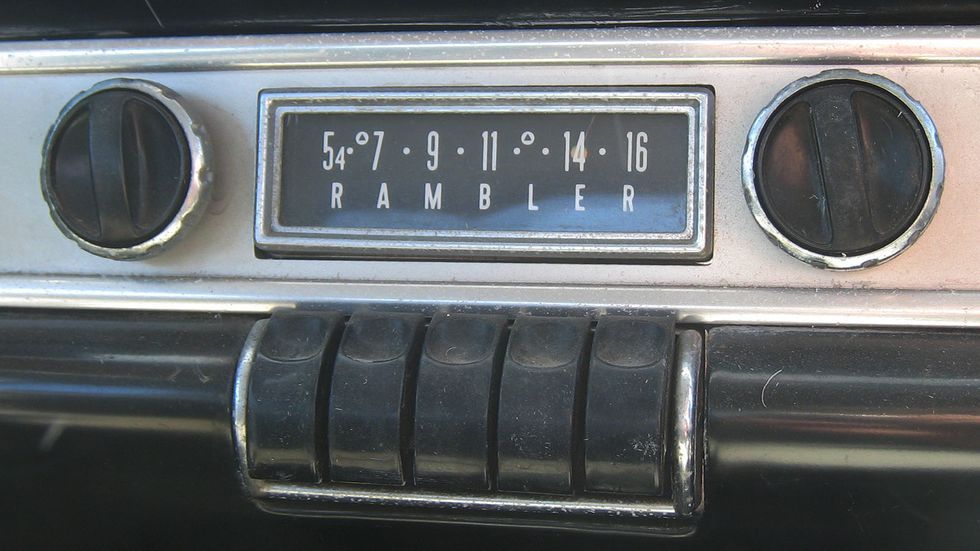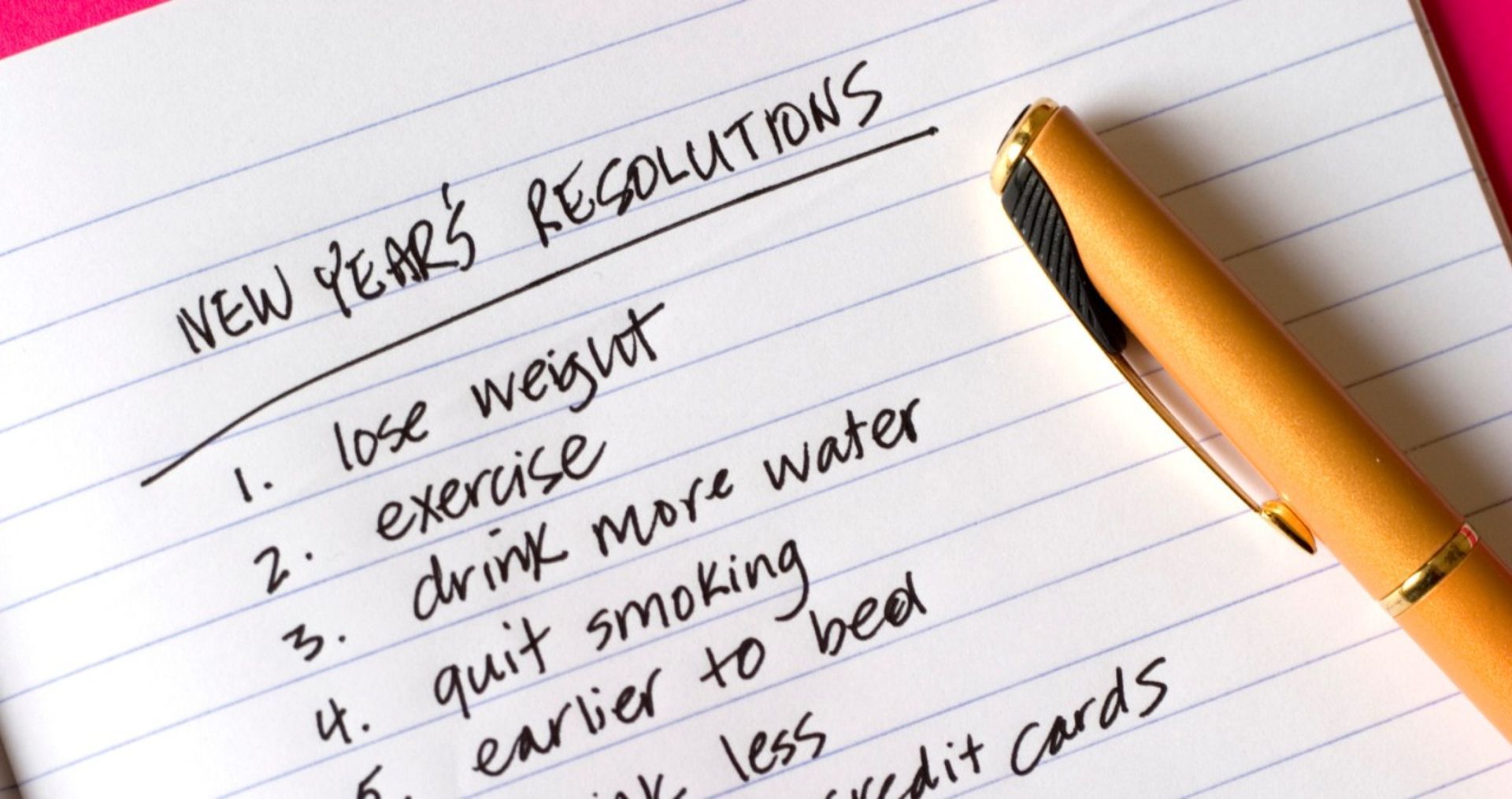Life is Risky
January 13, 2022
Last week's hours-long traffic jam in a snowstorm reminded me of the Donner Party. The 19th-century westward-bound wagon train trapped in the snowy Sierra Nevada Mountains. The traffic jam occurred along a stretch of I-95 in the state of Virginia. Jackknifed tractor and trailer trucks and snow-clogged roads trapped people in their vehicles, many of them overnight. Some were without food or water, dangerously low on fuel, and lacking the proper clothes to keep them warm. Members of the Donner party froze or starved to death, some went insane, and others resorted to cannibalism to survive. No one in Virginia ate a fellow traveler or went stark raving mad. But they did have something in common with their Sierra Nevada counterparts. When it was all over, they looked for someone to blame.

Photo Credit: Fox 5 DC
The Donner group blamed Lanford Hastings, who recommended the shortcut that was supposed to save them time and supplies, and James Reed, one of their leaders who knew the trail was untested and potentially dangerous. The Virginia group targeted the usual culprit when disaster befalls anyone in the 21st century. The government.
In response to criticism and cries to uncover what went wrong, Virginia's Governor Ralph Northam did the unthinkable and cast a critical eye on the motorists themselves. “Why don’t you start asking some of the individuals that were out on the highway for hours: ‘Why did you feel it was so important to drive through such a snowstorm?’” the governor said. Even though the government is responsible for keeping the roadways safe and clear, and the state of Virginia and the governor admit they could have done better, the governor’s question has merit.
A legal doctrine bars individuals from recovering damages when they voluntarily expose themselves to danger. It's called assumption of risk. In their quest for new lives and adventure, our pioneering ancestors willingly assumed many life-threatening risks. The colonists who arrived in Jamestown in 1607 and those who settled the Massachusetts Bay in 1630 weren’t expecting smooth sailing across the Atlantic or a welcoming party offering hot towels and warm chocolate chip cookies on their arrival. Everyone who climbed aboard a westward-bound wagon in the 1800s knew there weren’t rest stops and restaurants along the trail. If there even was a trail. These frontier pioneers assumed the risk of injury or death from disease, drowning, starvation, hypothermia, and the crushing force of out-of-control wagons. Not to mention attacks from Indians, bandits, and fellow travelers.
Fortunately for us, two centuries of political, social, economic, and technological advances have erased almost all travel risks. Some remain, like mechanical malfunctions, accidents, a bad fast-food burrito, or the weather. Even then, we have minimized the hazards with advanced diagnostics and collision avoidance systems, the ability to carry food and keep it fresh, and weather forecasts. Westward bound pioneers looked up at the sky to determine the weather and a long-range forecast was measured in hours. Now it's as easy as listening to the radio, watching television, opening a web page, or looking at your phone. In this case, weather forecasters warned of the storm’s capability a full day before it hit and told people about the rapidly worsening travel conditions early the following day. Their warnings were either ignored, minimized under the category of “the weatherman’s never right,” or considered and the risk accepted. Whether they want to admit it or not, and whether they did it knowingly or unknowingly, travelers accepted the risk.
The wagon trains were prepared for the journey west. Stocked with food and supplies, they rationed as necessary and replenished when they could. The Donner party voted on leaving the well-trod path and accepted the risk of taking the untried trail, but they weren’t fully prepared for the catastrophe that awaited them. When they finally understood the gravity of the situation and made camp for the winter, they were already in dire straits.
Many of the Virginia travelers were used to driving in snow or at the very least counted on road crews to keep up. However, inadequately clothed, carrying little or no food or water, gas tanks running low, they were ill-prepared for what awaited them. Responsible winter travelers keep food, water, gloves, coats, blankets, shovels, first aid kits, flashlights, and windshield washer fluid stowed away. Schooled by cautious parents, drivers’ education instructors, countless reminders from insurance companies and auto clubs, it’s common knowledge in susceptible regions. To claim otherwise is either a form of denial, admitting a lack of foresight, or just downright lying. People who are fully aware of the risks and well-schooled in how to prepare might ask, "Yeah, but who does that?" The answer is - those people who find themselves in an unlikely miles-long traffic jam in a snowstorm and safely and comfortably wait for it to pass.
There are extreme differences between the Donner party's situation and the Virginia folks' predicament. The Donner Party ate each other to survive. The Virginia group didn't have to dine on families the next car over, but when it was over, they chose to chew on the government. But they both accepted the risk, and neither was adequately prepared.
However, what the Virginia group had readily available in each of their cars, that the Donner party wagons did not, was something close at hand to help them see who also bore responsibility for their circumstances.
A mirror.
Life isn’t risk free and it’s not the role of government to make it so.
Like what you read?
Subscribe to my mailing list and get notifications to your inbox when my next blog post goes live.
Contact Us
More By Joe


